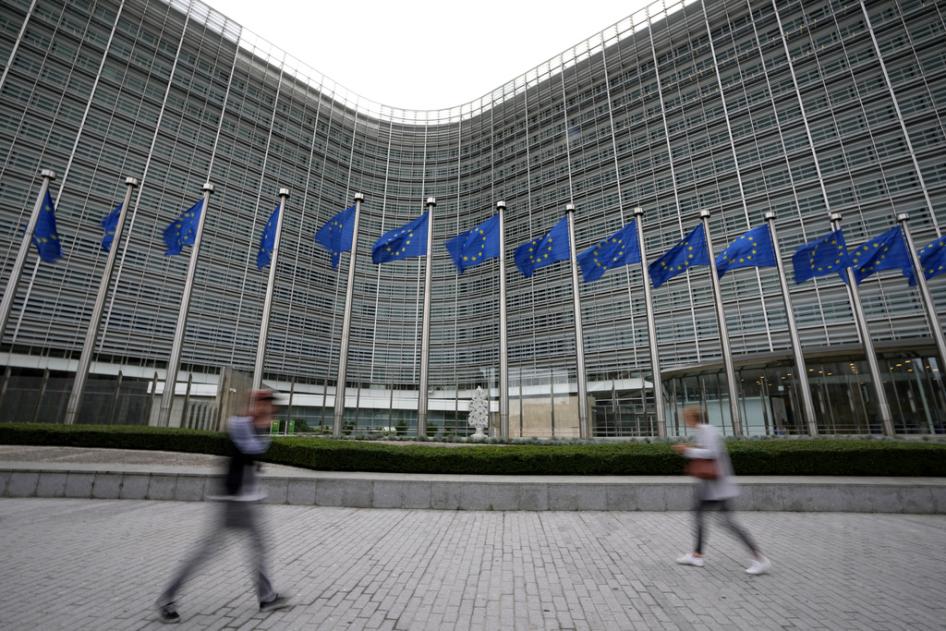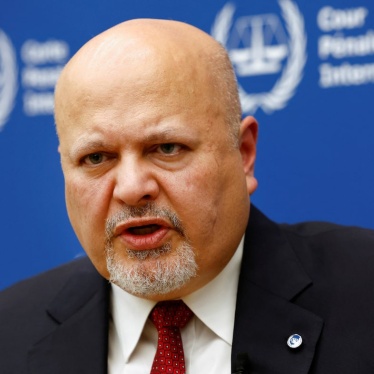After the International Criminal Court (ICC) issued arrest warrants against Israeli leaders and a Hamas official on November 21, European Union foreign policy chief Josep Borrell immediately made clear that ICC “decisions are binding on all States party to the Rome Statute, which includes all EU Member States.” His response is a reminder of the EU and its member states’ firm policy of supporting the ICC, especially when it comes to enforcing arrest warrants.
Over the years, the EU and its member states have developed several policies and practices building on their obligations to the court to support arrests before the ICC. This includes EU governments affirming their obligation as ICC members to carry out ICC arrests within their borders and supporting other ICC member countries to uphold their obligations.
Despite this, Hungarian Prime Minister Viktor Orban has already invited Israeli Prime Minister Benjamin Netanyahu, who is subject to one of the warrants, to visit Hungary and said he will not enforce the arrest warrant. Some other EU countries have not explicitly committed to enforcing the warrant, despite confirming their support for the ICC. This deepens perceptions of double standards in support of justice before the ICC.
To ensure EU member countries stand firm for justice across all the ICC’s cases, we outline the EU’s obligations and policies as they relate to arrest strategies in a new briefing paper. Firm state support can yield progress. Russian President Vladimir Putin, wanted by the ICC on allegations of serious crimes in Ukraine, recently stayed away from the G-20 summit in Brazil, an ICC member. But challenges for ICC arrests will likely remain. While Putin did not go to Brazil, he did visit Mongolia, also an ICC country, without facing arrest. This was rightfully challenged by the EU and before the court’s judges.
Each of the court’s pending warrants poses specific challenges, and failure to execute them breeds a climate of impunity. Recent attempts to undermine the ICC, including by Israel and Russia, and threats of sanctions by US lawmakers risk undoing investments by the EU and its member states in the court.
Ensuring the ICC has the ability to implement arrest warrants will require defending the court against external pressure and coercive measures. That means that right now EU support for arrests should include preparedness to adopt measures to protect the court from possible US sanctions.
The stakes are high, but when the EU takes a prominent role in supporting the court in partnership with justice-supporting governments globally, it can positively impact even the most difficult circumstances.









